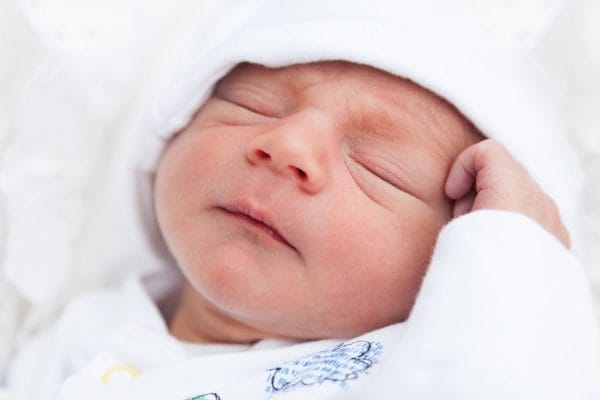What Social Developments Occur During Early Childhood?
Welcome to a deep dive into the fascinating world of early childhood social development. This period, encompassing roughly the first six years of life, is bustling with critical advancements in how children interact with the world and the people around them. Understanding these social developments is crucial not only for parents and educators but also for anyone interested in the foundation of human behavior and relationships.

Understanding Social Development in Early Childhood
![]()
Social development involves how children learn to interact with others, understand and manage their emotions, and develop their identities and relationships. During early childhood, these skills are just beginning to take shape and will form the groundwork for social interactions in later life.
The Stages of Social Development in Early Childhood
![]()
Early childhood social development can be seen as a series of overlapping stages, each marked by distinct milestones and behaviors. Let’s explore these stages:
Infancy (0-2 years)
- Trust Building: Infants develop trust as caregivers meet their needs. This stage sets the tone for future social interactions.
- Emotional Expressions: Babies begin to show joy, sadness, anger, and fear, which are foundational for emotional communication.
- Early Communication: Coos and babbles evolve into basic gestures and vocalizations aimed at expressing needs and reactions.
Toddlerhood (2-3 years)
- Emergence of Self-awareness: Toddlers start to recognize themselves as separate from others, often asserting their independence with the word “no.”
- Play Development: Play begins to shift from solitary to parallel play, where toddlers play alongside peers without much interaction.
- Emotion Regulation: This is the beginning of learning to control and express emotions appropriately.
Preschool Age (3-5 years)
- Social Skills: Children begin to develop real friendships and learn skills such as taking turns, sharing, and empathizing.
- Cooperative Play: Play becomes more interactive and cooperative, involving more complex scenarios and negotiations.
- Moral Development: Children start understanding the basics of right and wrong and the reasons behind rules.
Key Factors Influencing Social Development
![]()
Social development during early childhood is influenced by a variety of factors. These include family dynamics, the child’s environment, cultural norms, and individual temperament. Here are some ways these factors play out:
Family and Home Environment
- Attachment Styles: Secure attachment with caregivers typically leads to better social outcomes, while insecure attachment can pose challenges.
- Parenting Style: Authoritative parenting, which is warm and responsive yet sets clear boundaries, is often linked to positive social development.
Socioeconomic Factors
- Access to Resources: Children from higher socioeconomic backgrounds often have access to more and varied socialization opportunities.
- Educational Opportunities: Early childhood education programs can provide critical socialization experiences that enrich social development.
Cultural Influences
- Norms and Expectations: Different cultures have different expectations about social interactions, which can affect children’s development.
- Communication Styles: Cultural backgrounds influence how emotions and relationships are expressed and handled.
Enhancing Social Development: Strategies and Activities
![]()
There are numerous activities and strategies that parents and educators can employ to support the social development of young children. Here are some effective ones:
Interactive Play
- Structured Play: Games that require taking turns and following rules can teach important social skills.
- Role-playing: Engaging in role-play can help children understand different perspectives and practice communication.
Emotional Coaching
- Talking About Emotions: Helping children to name and understand their emotions can lead to better emotion regulation.
- Modeling: Demonstrating healthy emotional responses is a powerful way for children to learn appropriate behaviors.
Social Skills Training
- Explicit Teaching: Sometimes, children benefit from explicit instruction in social skills like sharing and collaborating.
- Encouraging Empathy: Activities that foster empathy, such as reading books about different feelings, can enhance emotional intelligence.
Conclusion: The Lifelong Impact of Early Social Development
![]()
The social skills that begin to develop in early childhood are foundational to later personal and academic success. From forming the first friendships to understanding complex social cues, these early experiences shape a child’s ability to navigate the world. By fostering a supportive and enriching environment, caregivers can significantly influence a child’s social trajectory, setting the stage for healthy, ongoing development throughout their lives.
In conclusion, the journey of social development is both complex and fascinating, with each stage of early childhood offering new challenges and opportunities for growth. By understanding and supporting these developments, we contribute to nurturing well-rounded individuals capable of contributing positively to society.





